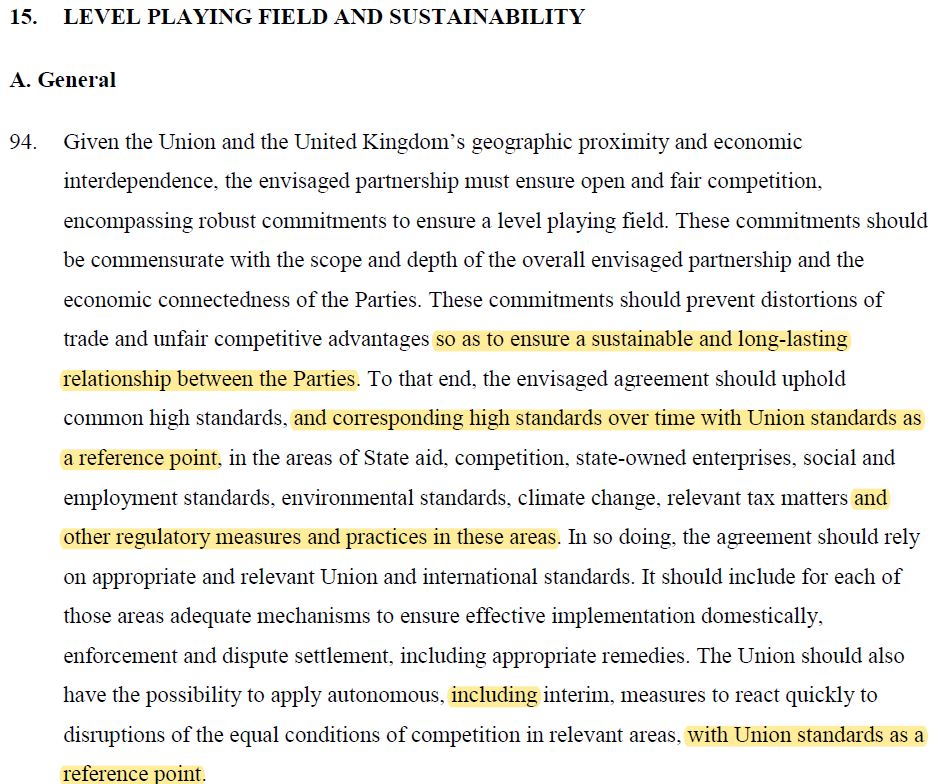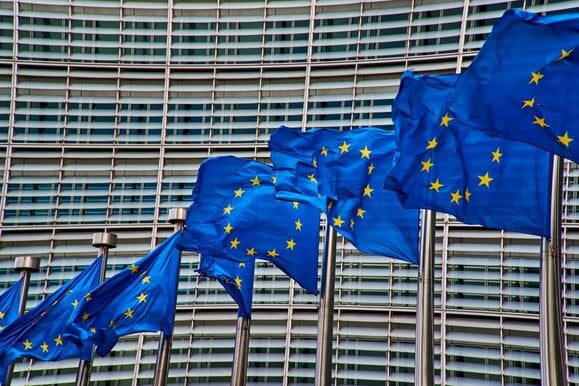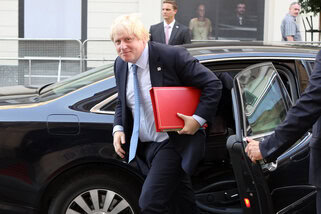Environment Committee in the EU Parliament raises the bar for a level playing field with the UK
https://www.stefanscheuer.eu/wp-content/themes/osmosis/images/empty/thumbnail.jpg 150 150 ioana bere ioana bere https://secure.gravatar.com/avatar/2f1488215f0e5e2381f544cefcef2dc7?s=96&d=mm&r=gThe Environment Committee wants a far-reaching environmental future agreement with the UK, according to an opinion approved by 64 votes to 15.
It welcomes the non-regression clause proposed by the Commission in its draft treaty text, but considers that the proposed ratchet clause for future levels of protection is not enough. It wants instead at least equivalent future levels of protection, so that when one Party increases its ambition, the other should follow at least with an equivalent level – amounting to a form of dynamic alignment. The difference between this and the negotiating mandate adopted by the Council is that dynamic alignment is not modelled on the EU standards. The opinion also highlights the poor record of UK environmental infringement cases, especially on air and waste standards, which may raise the question of possible regression in this area.
In terms of climate, the Environment Committee wants the UK to align itself with the Union’s targets, including the revised 2030 target, an eventual 2040 target as well as climate trajectories towards 2050 (provided by the Climate Law, right now under discussion at the EU level). It also stresses the importance of respecting the precautionary principle, dynamic alignment on chemicals safety legislation and cooperation between the European Chemicals Agency and the Health and Safety Executive (the UK chemicals authority).
This opinion is addressed to the International Trade and Foreign Affairs committees, that will merge recommendations coming from all the European Parliament committees before putting it to a Plenary vote in June.
Environment Committee, adopted opinion







